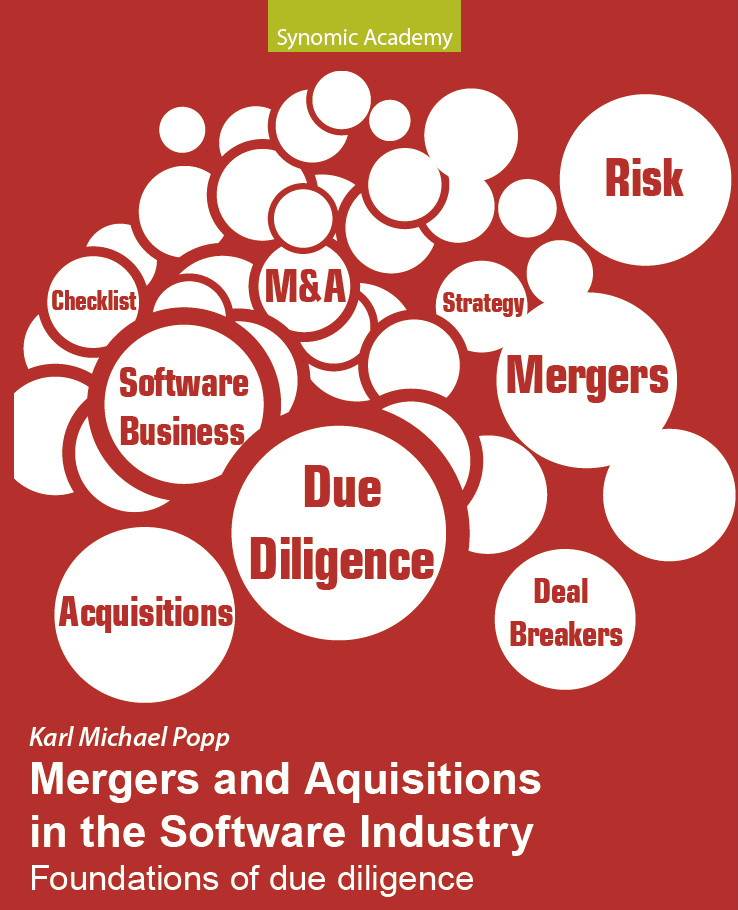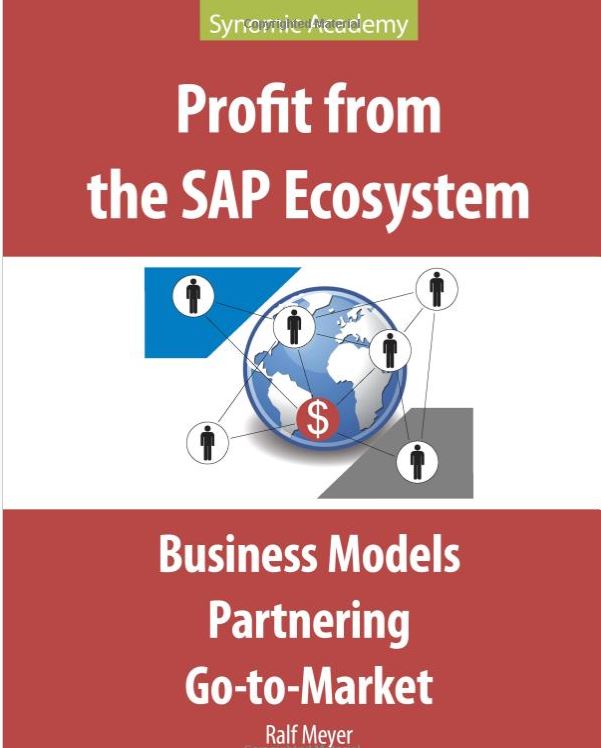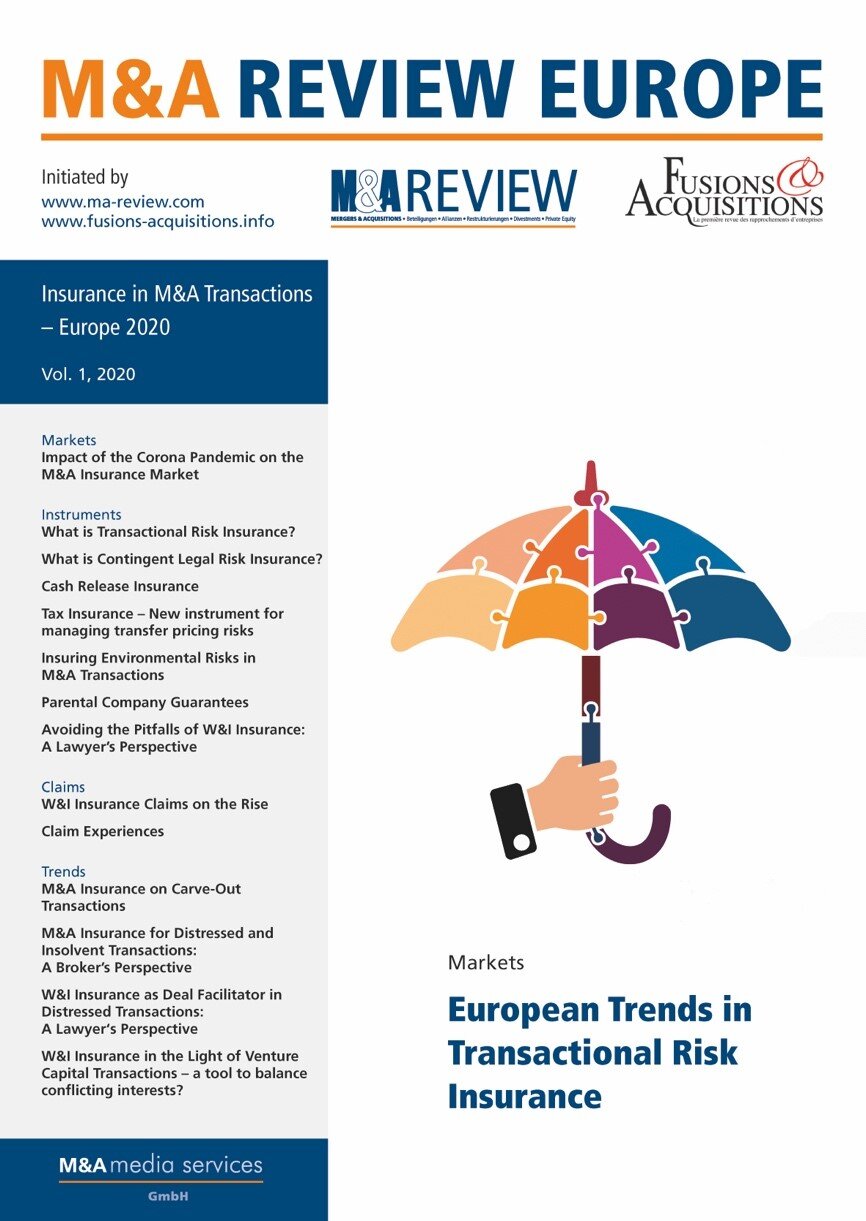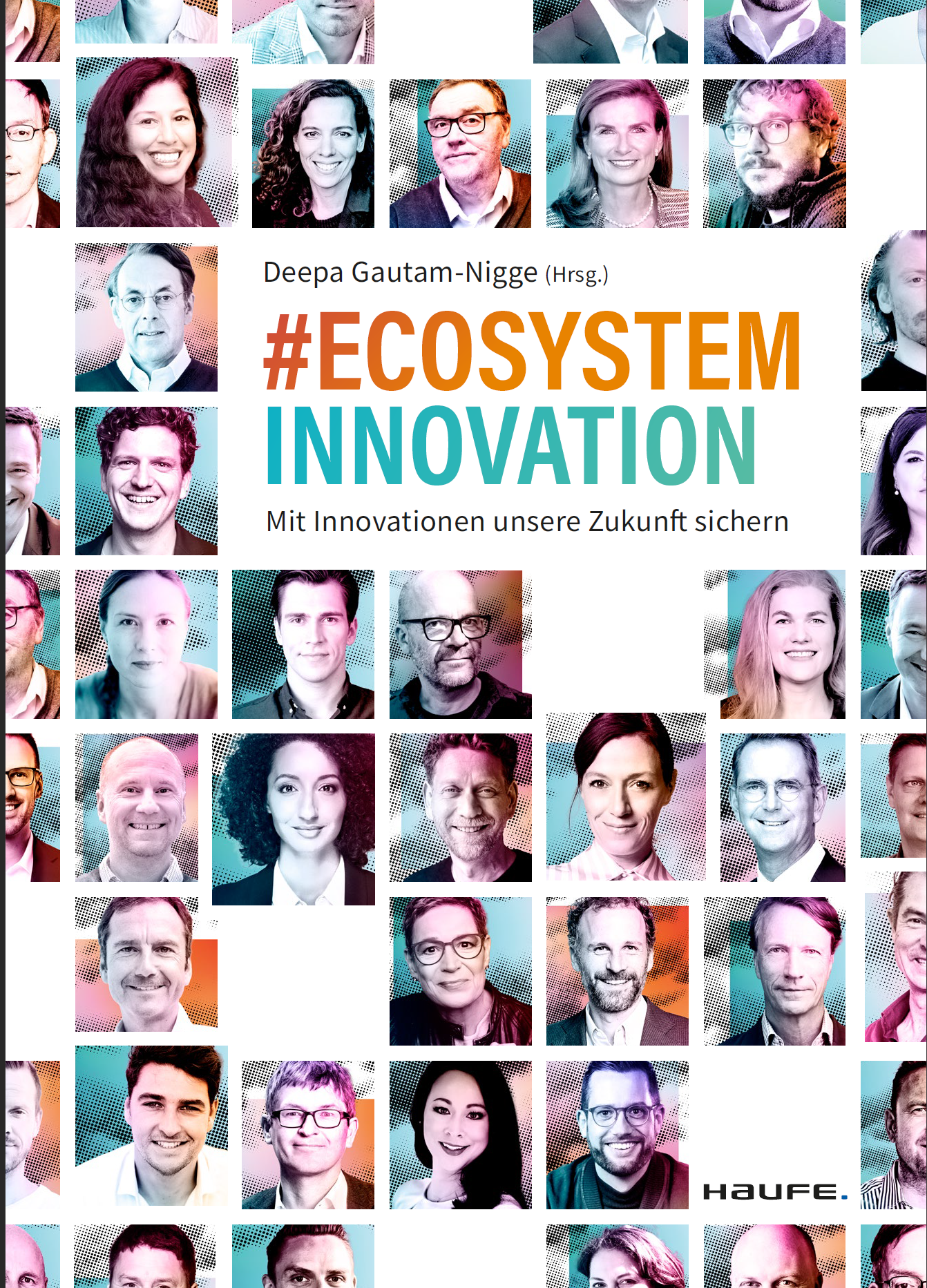Aggregator business: What are the specifics of the Expedia business model?
As one of the most prominent names in the travel industry, Expedia has revolutionized the way we plan and book our trips. But have you ever wondered what lies beneath the surface of this global travel giant? In this blog post, we will dissect the specific elements of the Expedia business model that contribute to its overwhelming success.
Expedia, founded in 1996, operates as an online travel agency, connecting millions of travelers to a vast array of flights, hotels, rental cars, cruises, and vacation packages. But what sets them apart from their competitors?
First and foremost, Expedia functions as an intermediary between travelers and suppliers. By partnering with airlines, hotels, car rental companies, and other service providers, Expedia can offer a one-stop-shop for all travel needs. This allows them to negotiate discounted rates and exclusive deals, which they then pass on to their customers.
Furthermore, Expedia has mastered the art of leveraging technology to enhance the customer experience. Their user-friendly website and mobile app provide a seamless booking process, allowing travelers to conveniently research, compare, and reserve travel options in just a few clicks. The incorporation of cutting-edge technology also enables Expedia to deliver personalized recommendations and travel suggestions based on user preferences and browsing history.
Expedia's business model heavily relies on scale and diversification. With a presence in more than 70 countries and partnerships with over 700,000 accommodations worldwide, they have built an extensive global network. This wide reach not only attracts a massive customer base but also allows Expedia to negotiate favorable terms with suppliers due to their potential for generating substantial business volume.
Aside from their core online travel agency operations, Expedia has diversified its revenue streams through subsidiaries such as Egencia, a corporate travel management company, and HomeAway, a vacation rental platform. This diversification solidifies their market position while minimizing dependency on a single business segment.
Lastly, Expedia invests heavily in marketing and advertising to maintain their brand awareness and capture the attention of potential travelers. Through strategic partnerships, targeted campaigns, and captivating content, Expedia strives to be top-of-mind when it comes to travel bookings.
To summarize, the Expedia business model is a blend of strategic partnerships, advanced technology, global scale, diversification, and relentless marketing efforts. By continuously innovating and adapting to the evolving needs of travelers, Expedia remains at the forefront of the travel industry, offering a comprehensive and unparalleled travel booking experience.
Now, continue to









